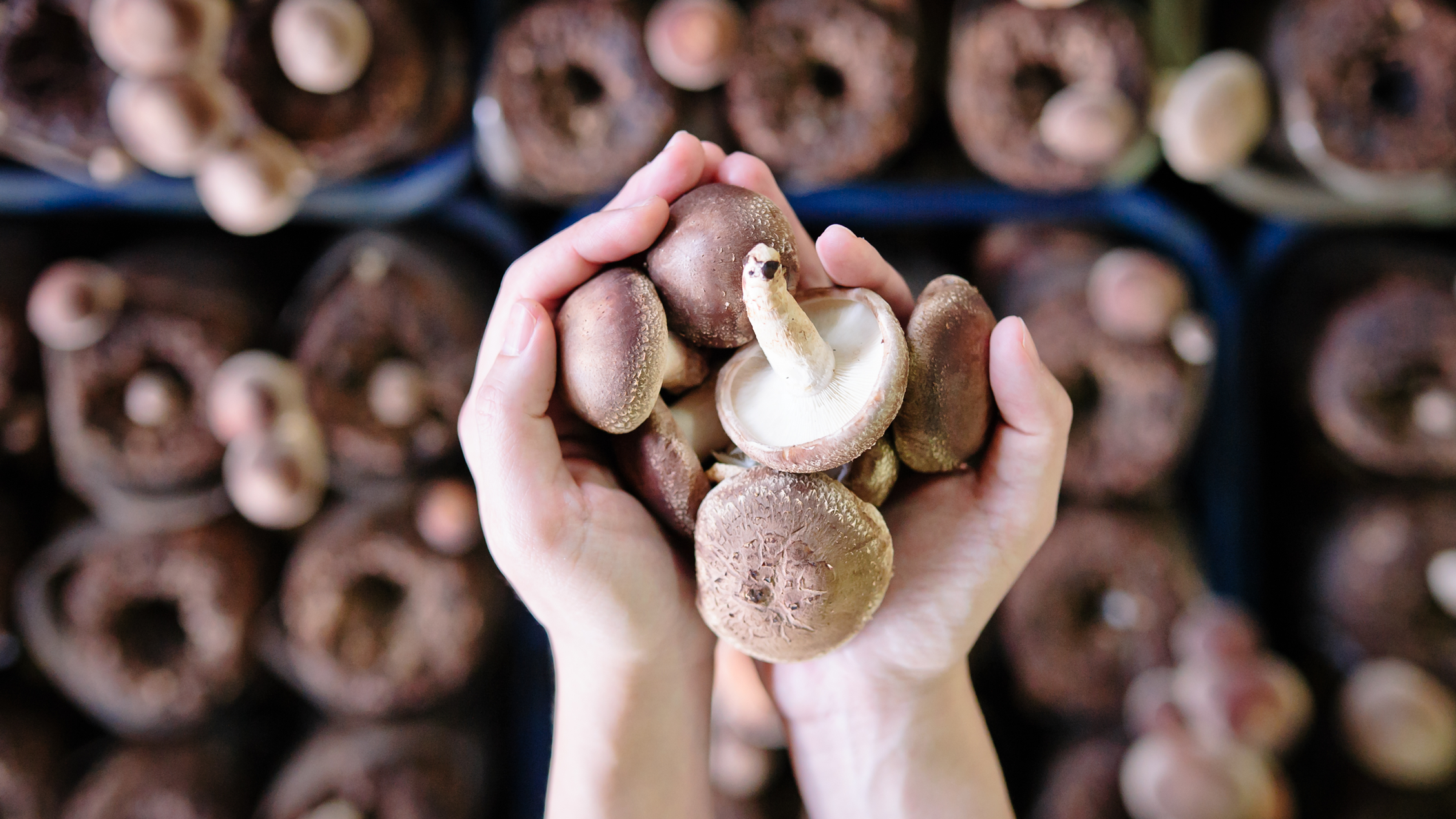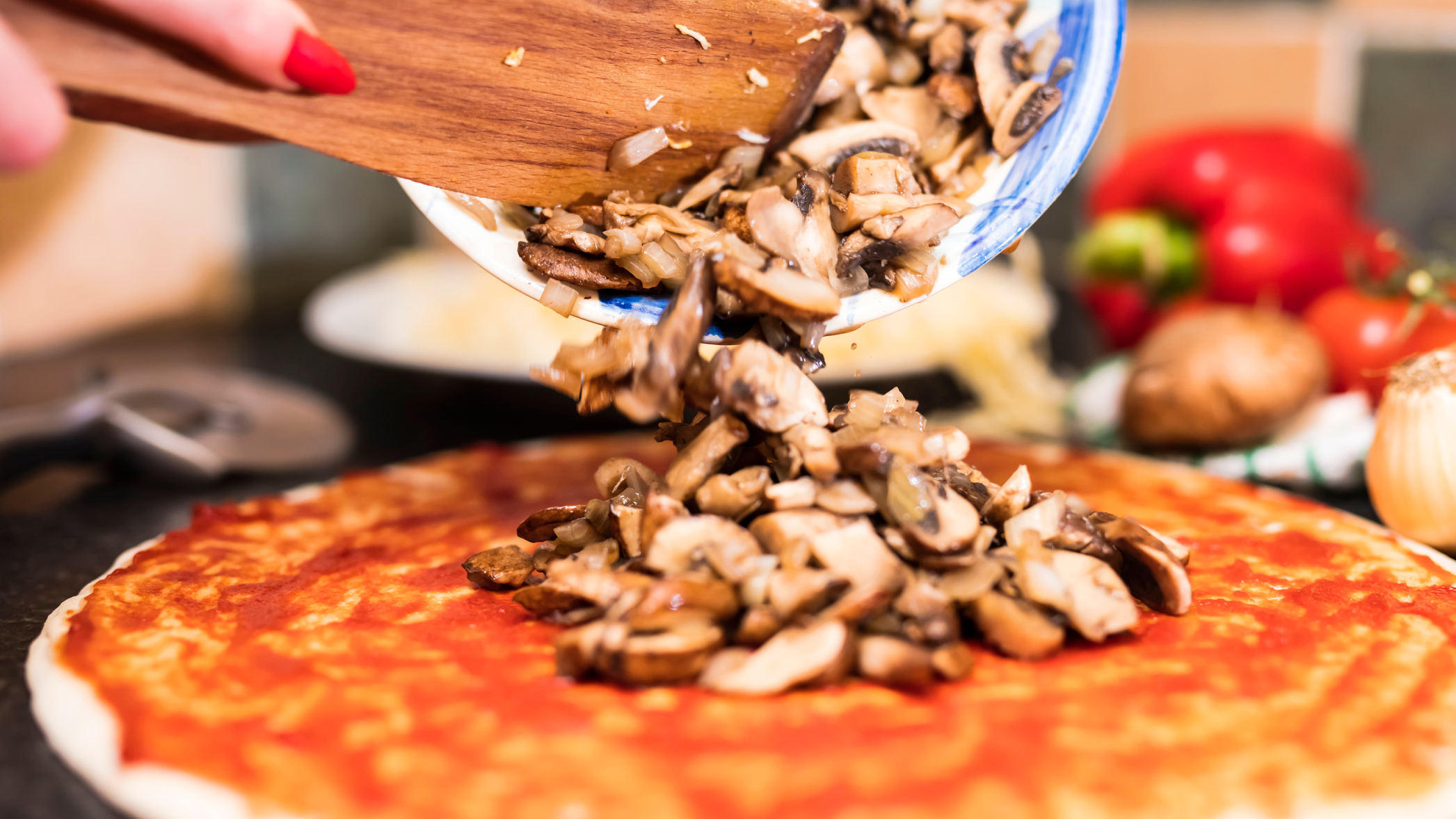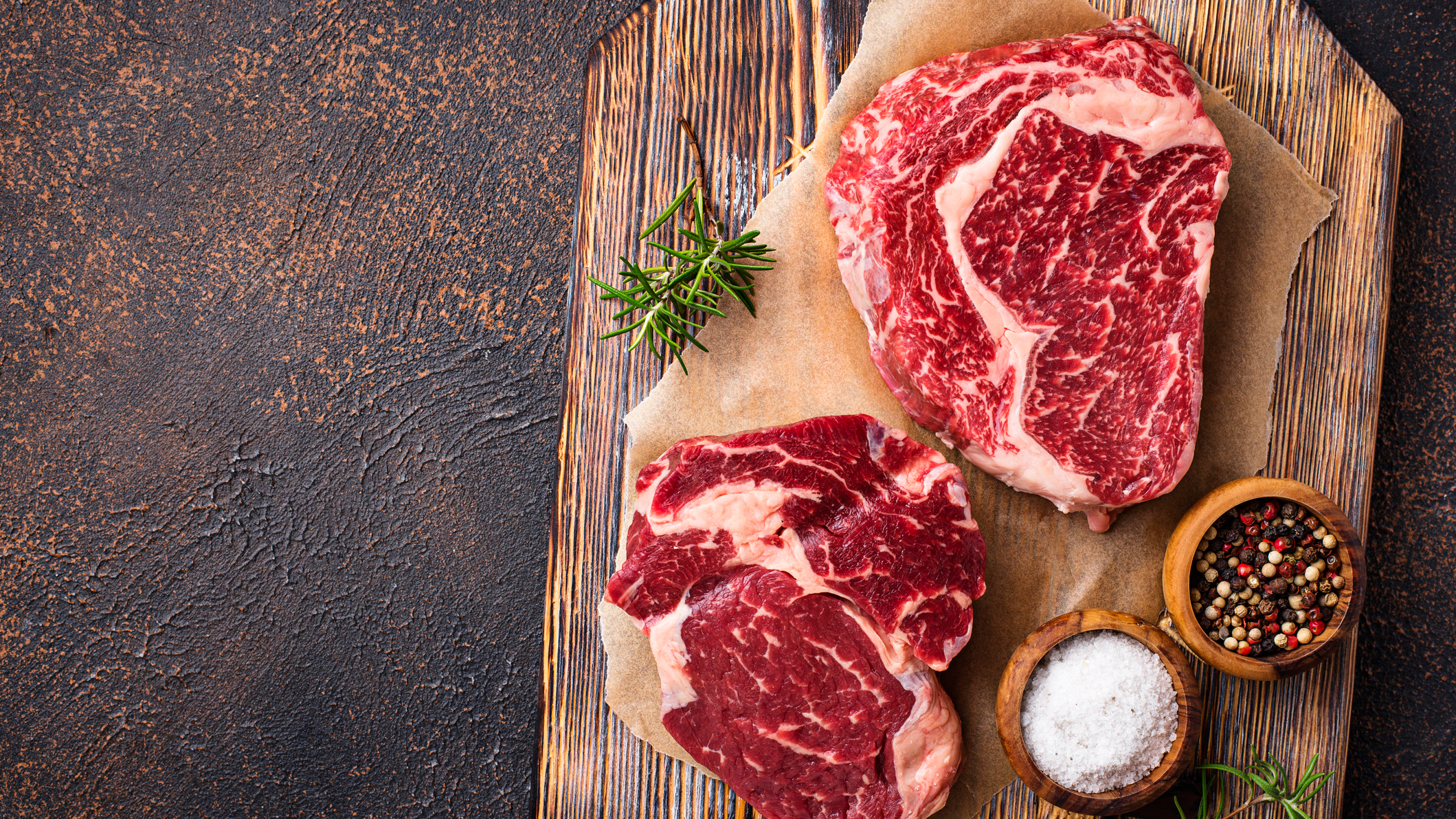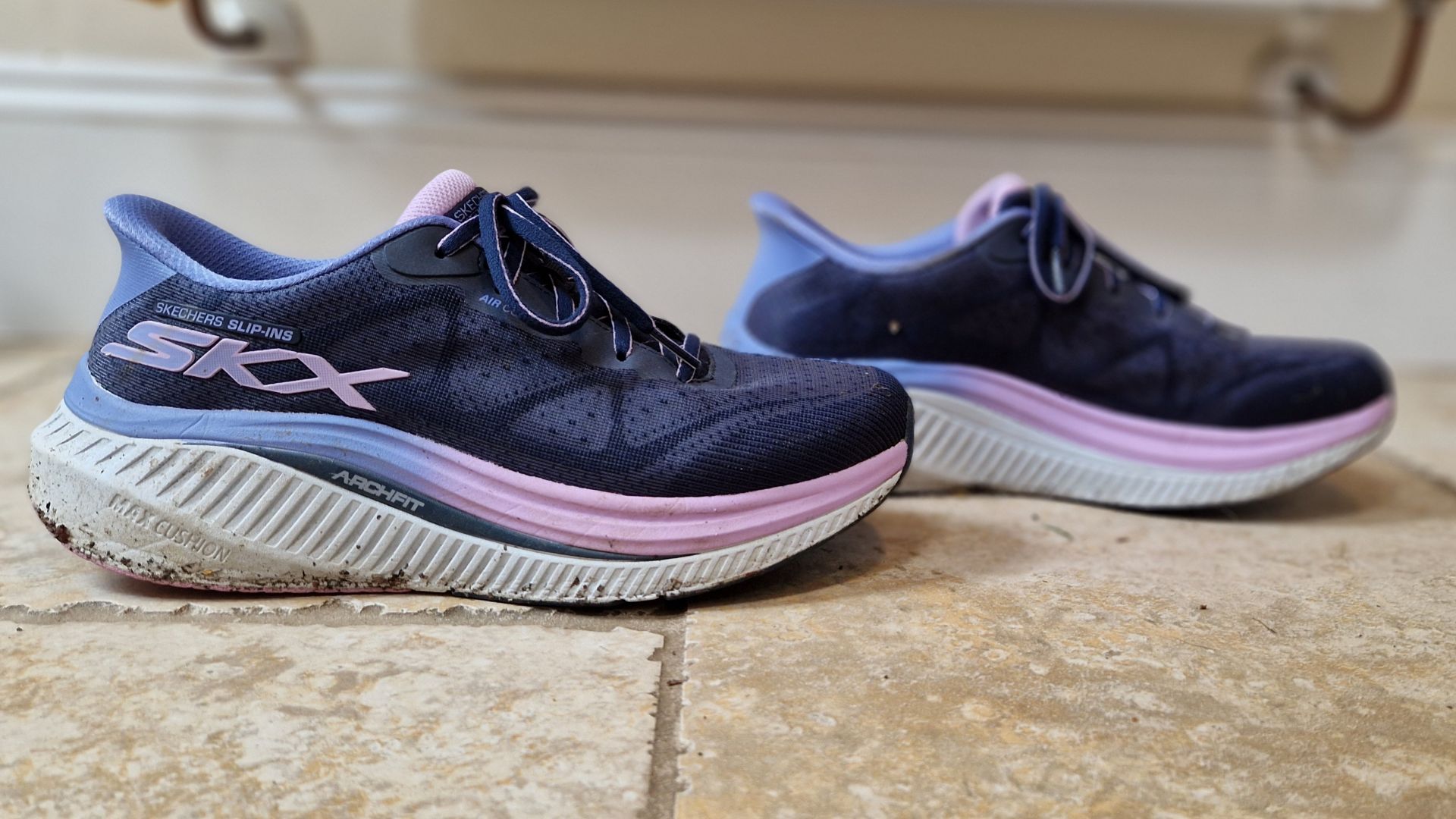Vitamin D: The simple way to enrich and supercharge your diet, revealed
Forget supplements and pills: Stick mushrooms on the windowsill to get more vitamin D into your diet


Dietary vitamin D is more important than most people think. While our body does produce it naturally if we get the sun on our skin, what happens if we're not getting enough sunlight?
For those of us who don't see much sun due to the work or climate, especially during winter months, the NHS recommends ingesting an additional 10 micrograms of vitamin D every day to encourage bone, teeth, muscle and skin health. Vitamin D also plays a role in supporting our immune system, which is especially important given the current health crisis.
Vitamin D deficiency can lead to bone deformities, including rickets in children and a painful condition called osteomalacia in adults.
Vitamin D is present in lots of foods, including oily fish and red meat. Eggs are also a great source of the vitamin. But for vegetarians or vegans, those options are out of the question. Fortunately, there is an alternative to infuse one of our plant-based staples with loads of it.
“Mushrooms are neglected at our peril in the fruit and veg rainbow we are encouraged to eat," says author and nutritionist Amelia Freer.
"High in antioxidants, they’re commonly overlooked as a significant source of the sunshine vitamin D. If you can’t get your hands on already vitamin D-enriched mushrooms and can only find regular mushrooms, here’s a little tip: place them on the window sill on a sunny day and in as little as an hour or two they become a rich source of vitamin D - magic.”

Yep, similar to humans, mushrooms contain a chemical called ergosterol, which is transformed into vitamin D when exposed to sunlight. If you leave your mushrooms out in the sun for a couple of hours, they will turn into a prime source of the vitamin, which will help keep your bones, muscles and immune system healthy. Simple.
Get the Fit&Well Newsletter
Start your week with achievable workout ideas, health tips and wellbeing advice in your inbox.
If you are vegetarian or vegan, you won't be getting dietary vitamin D from other sources like fish and red meat listed above. Fortunately, mushrooms' texture and taste makes them ideal substitutes for meat in lots of recipes: diced mushrooms, for example, can be used instead of ground beef when putting together vegetarian versions of recipes like chilli.

A diet plan with less meat has been linked to longevity, with a decrease in cardiovascular and cancer risks. Together with adequate sunlight or a vitamin D supplement if you find yourself on night shifts or unlikely to see sun in the winter, this natural increase in vitamin D can safeguard your bones, muscles and immune system throughout your life. We don't think there's mushroom for improvement there.
Liked this?
Matt Evans is an experienced health and fitness journalist and is currently Fitness and Wellbeing Editor at TechRadar, covering all things exercise and nutrition on Fit&Well's tech-focused sister site. Matt originally discovered exercise through martial arts: he holds a black belt in Karate and remains a keen runner, gym-goer, and infrequent yogi. His top fitness tip? Stretch.
-
 I have bunions, but I can't feel them with these affordable Skechers walking shoes—now 22% off at Zappos
I have bunions, but I can't feel them with these affordable Skechers walking shoes—now 22% off at ZapposDeal A generous toe box makes the Skechers Max Cushioning Arch Fit Areena perfect for wide feet
By Lou Mudge
-
 Can't do a sit-up? A trainer says you should do these chair-based core exercises instead
Can't do a sit-up? A trainer says you should do these chair-based core exercises insteadNo sit-ups or planks
By Jennifer Rizzuto